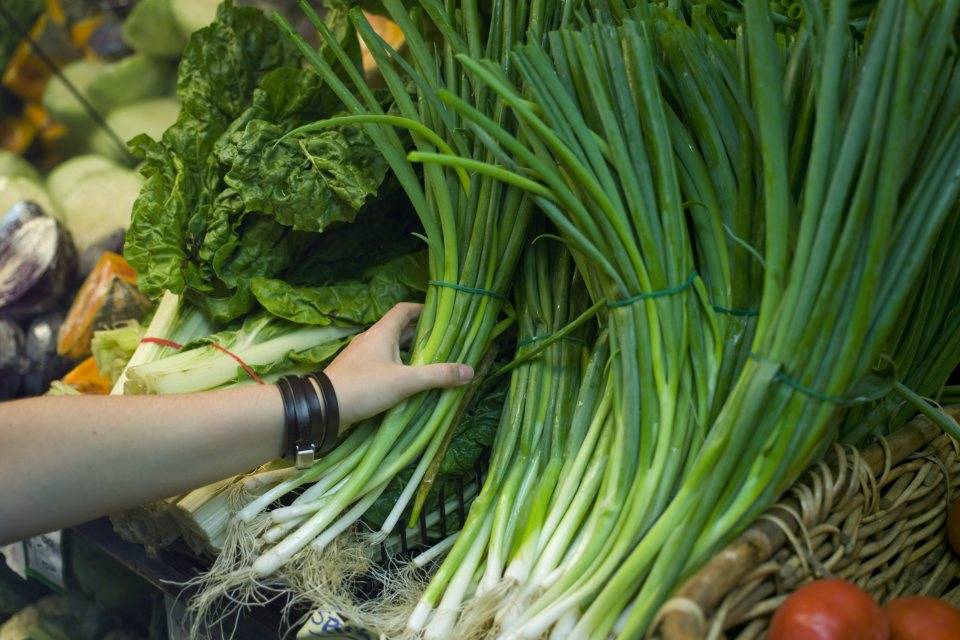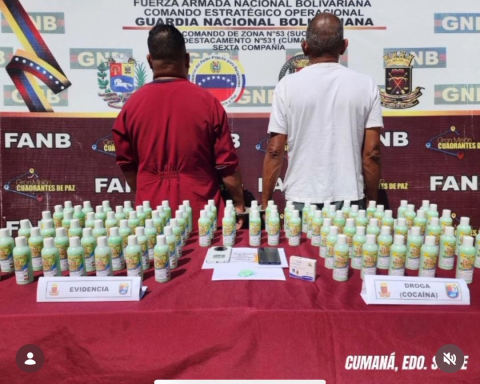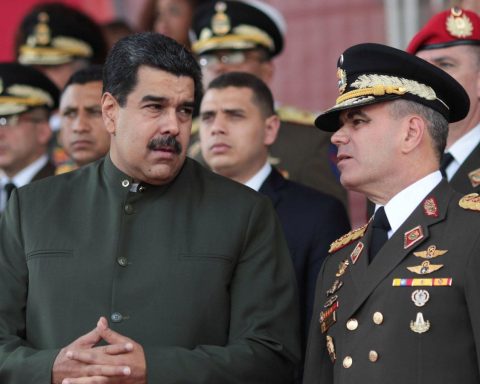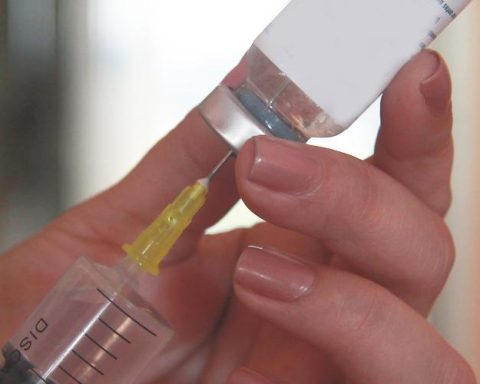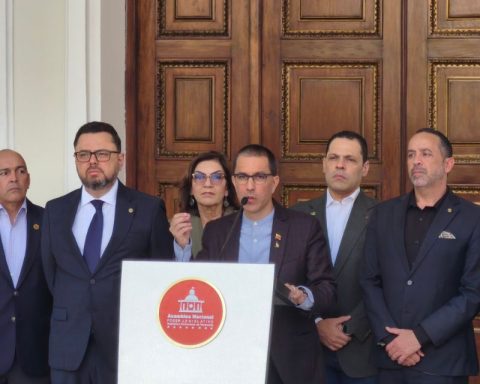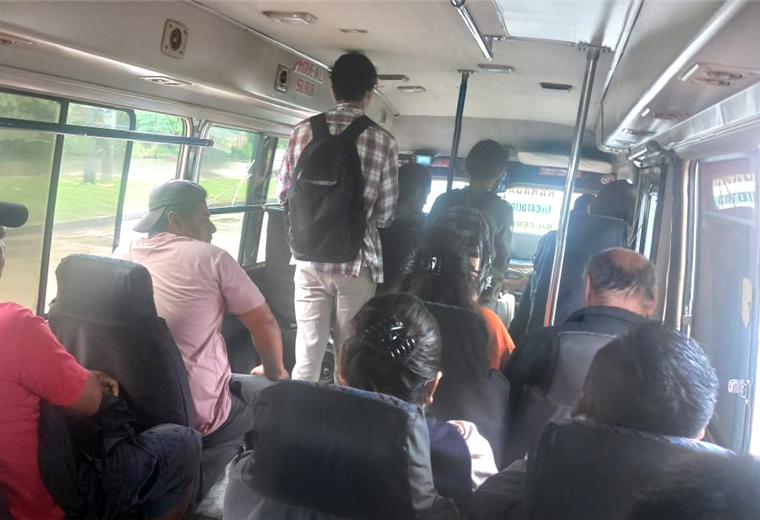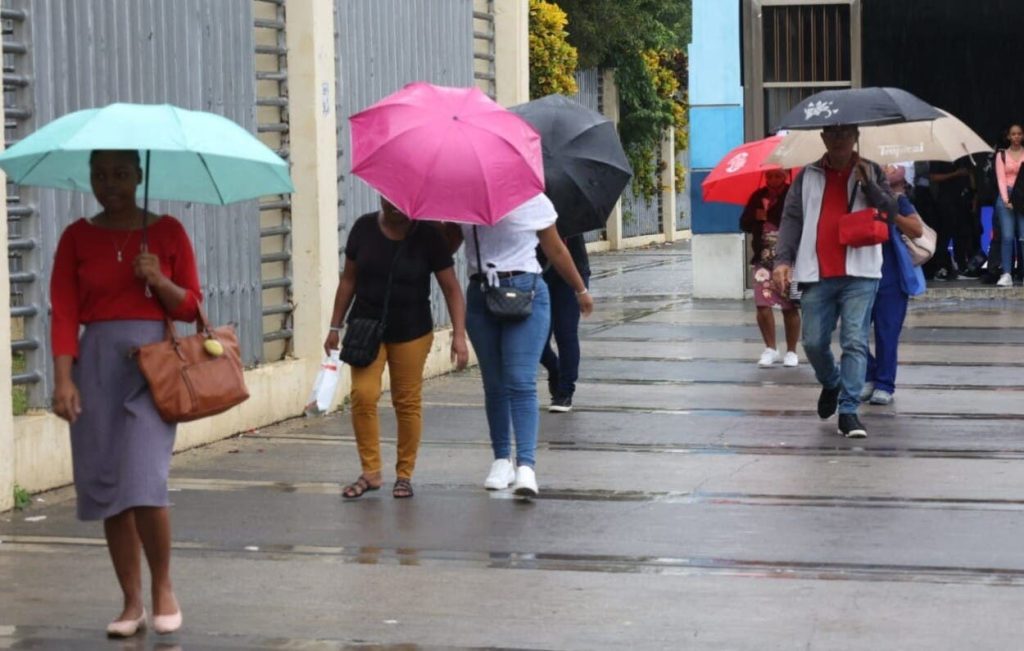In Venezuela, about 135,000 tons of food are wasted every month, according to data from the Venezuelan Society of Agricultural and Related Engineers. To prevent these products from continuing to go to waste in the country, initiatives are emerging to contribute in this direction, one of them is Banco Alimentar de Venezuela and the second is La Ganga, an application that brings users closer to offers from stores that have products about to expire.
In Venezuela, 135,000 tons of food are wasted per month. A paradox in a country that in recent years has had high rates of food insecurity. For example, in January of this year a report from HumVenezuela warned that 13 million people, that is, almost half of the population, did not have any possibility of food and were in a critical situation.
Food loss increased 3.84% in the last year, going from 130,000 tons per month to 135,000 tons, according to data from the Venezuelan Society of Agricultural and Related Engineers (Sviaa). Until very recently there were no major alternatives to prevent food products from ending up in the trash. However, this year a couple of initiatives have emerged that seek to contribute in that direction.
One of these initiatives is the Banco Alimentar de Venezuela, recently created by Marianela Fernandes, which becomes the first of its kind in the country and the second is La Ganga, an application that brings users closer to offers coming from stores that have products about to expire.
The Society Venezuelan Agricultural and Related Engineers reports that the main losses occur in the primary sector, in items such as fruits and vegetables. Most of the losses occur in Mérida, Trujillo, Táchira and Lara.
“The sectors where the most loss occurs are in agriculture, in harvest and post-harvest management, based on the principle of bioeconomy and circular economy, these losses and waste must be reduced in the chain,” recommends agronomist Saúl López, president of the Sviaa.
The researcher points out SuchWhich that more resources are needed to investigate and use the methodology of the Food and Agriculture Organization of the United Nations (FAO) and that of the Inter-American Institute for Cooperation on Agriculture (IICA) to estimate chains food waste losses.
The ruler Nicolás Maduro has repeated several times that the country has the greatest food sovereignty and that for the first time in 120 years, the nation produces everything it consumes. However, The persistent inflation and devaluation has meant that consumption has not fully recovered.
How the bank will work
The president of Banco Alimentar de Venezuela explains that a food bank is a non-profit organization, based on volunteerism and whose objective is to recover food in all phases of the supply chain that would otherwise be wasted. The initiative arose from a postgraduate degree in International Cooperation and Development that he did in Portugal.
“The bank will deliver the food to social institutions, that serve some sector of the population, for example, nursing homes, orphanages, psychiatric care centers, foundations, schools. They are organizations of different origins, private and public, that have done spectacular work and this only complements that work so that it continues to be done,” explains Fernandes.
*Read also: Engineers recommend the use of drones to make agriculture more efficient
The specialist points out that this benefits the entire civil society, since it allows food loss to be reduced, which “generates well-being for the entire country, the region and the world.” This bank supports the entire food chain, from producers, farmers and companies.
The institution will establish agreements and schedules with the beneficiary organizations to deliver the food quickly and guarantee that it is in perfect condition for consumption.
To expand the reception of food, Banco Alimentar signed an alliance with the National Association of Supermarkets and Supermarkets (ANSA), which allowed them to have a food collection day – which takes place once a year – in 10 affiliated supermarket chains. to the initiative.
“Here, non-perishable foods are collected to complement those fresh foods that will arrive more frequently at the bank, which are the foods that are most at risk of ending up wasted and not on someone’s plate,” says Fernandes.
The collection day in supermarkets takes place once a year and is a model replicated from the experiences of other banks in the world. The president of Banco Alimentar de Venezuela explains that the role of supermarkets is to provide the space where the collection is done.
Bank volunteers will be at supermarket entrances and will tell customers which products they can donate once they make their purchases. People can donate one or more of these items: oil, rice, oats, long-life or powdered milk, canned foods, gelatin, corn flour, grains, wheat flour, pasta and salt.
After the campaign, on a day-to-day basis, the supermarkets will deliver the surplus and waste from the supermarkets and thus they will end up in the food bank. To then be distributed to the institutions that need it, in this first phase five social organizations will benefit.
La Ganga, an app to hunt for food offers
This application launched in July of this year already has 25,000 downloads and about 2,000 users who enter the platform daily to hunt for offers. Its developers explain that it emerged as an alternative to attack the issue of food waste.
“The idea is to connect users with stores and offer them attractive discounts on these products that are close to expiring. They are promotions for immediate consumption at more attractive prices,” Alberto Alfonzo comments to SuchWhichone of its creators.
At first “the bargains” are gone in less than an hour. Alfonzo indicates that among his great allies are Plazas supermarkets and Bodegón 212. So far the app is available in the cities of Caracas, Maracay, Valencia and La Guaira and soon in San Antonio de Los Altos.
The founder points out that this is a concept that has been circulating in Europe for about eight years and with La Ganga they looked for a way to tropicalize it to adapt it to the Venezuelan reality, admitting, for example, some hair salon allies that also offer products with an upcoming date. of expiration.
For now the only payment method in the application is mobile payment and they plan to expand it to accept credit cards, immediate transfers or Zelle. To date, users make payments for products directly in the app.
Agricultural engineer Sául López explains that currently most of the losses that occur in the country are assumed by farmers, something he regrets and adds that it should be a burden shared between the retail sector, supermarkets and the entire chain.
To this end, Sviaa recommends developing a program that allows the reduction of these losses and waste, above all, because it considers that the country has a very competitive agroindustry where losses are really low, They even point out that they are among the lowest in the region.
“Another sector that must be improved is transportation and the wholesale sector. In this case there are many losses of products, we must improve the logistics chain of food marketing,” says López.
Post Views: 280
